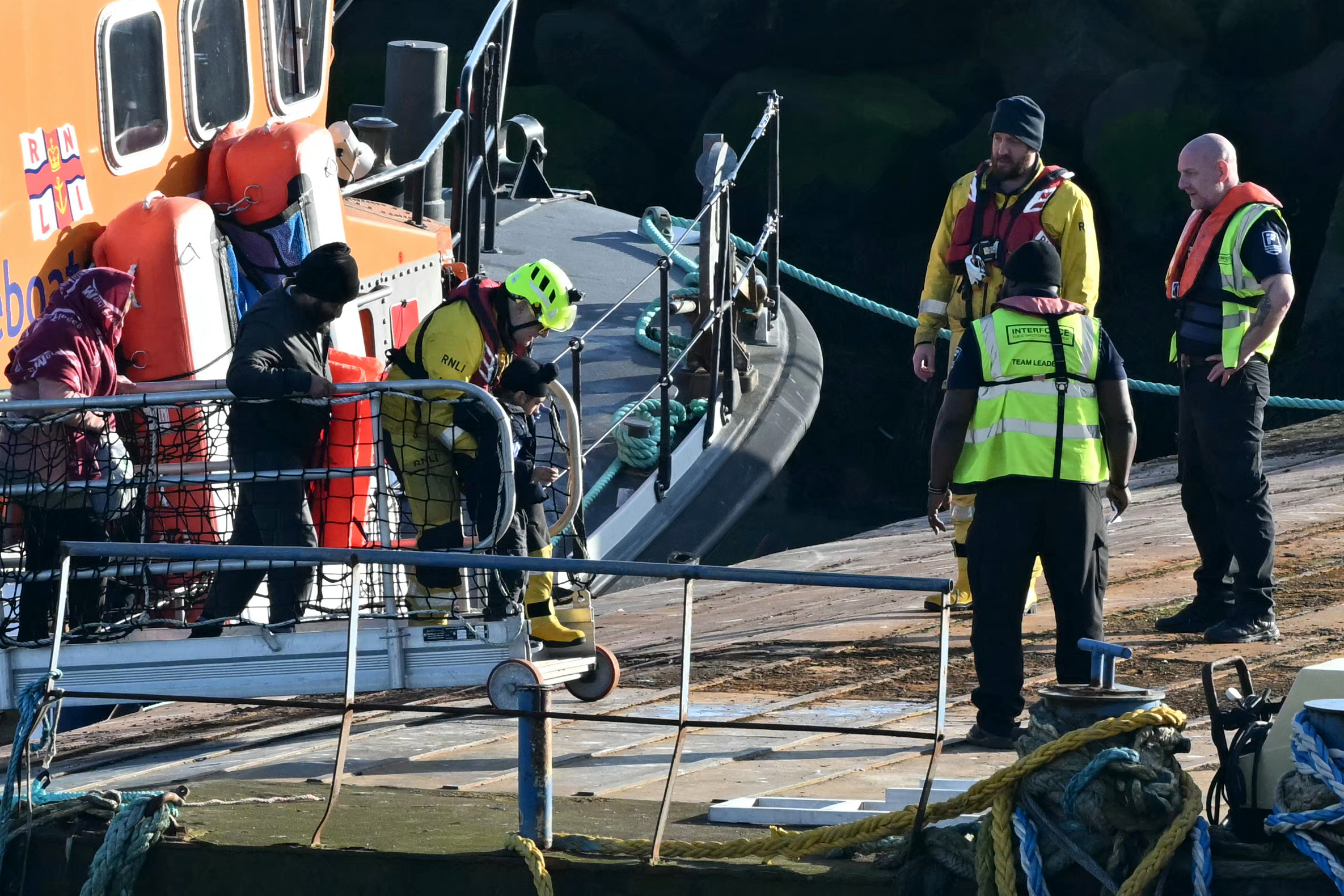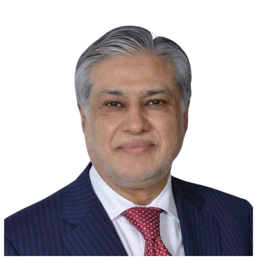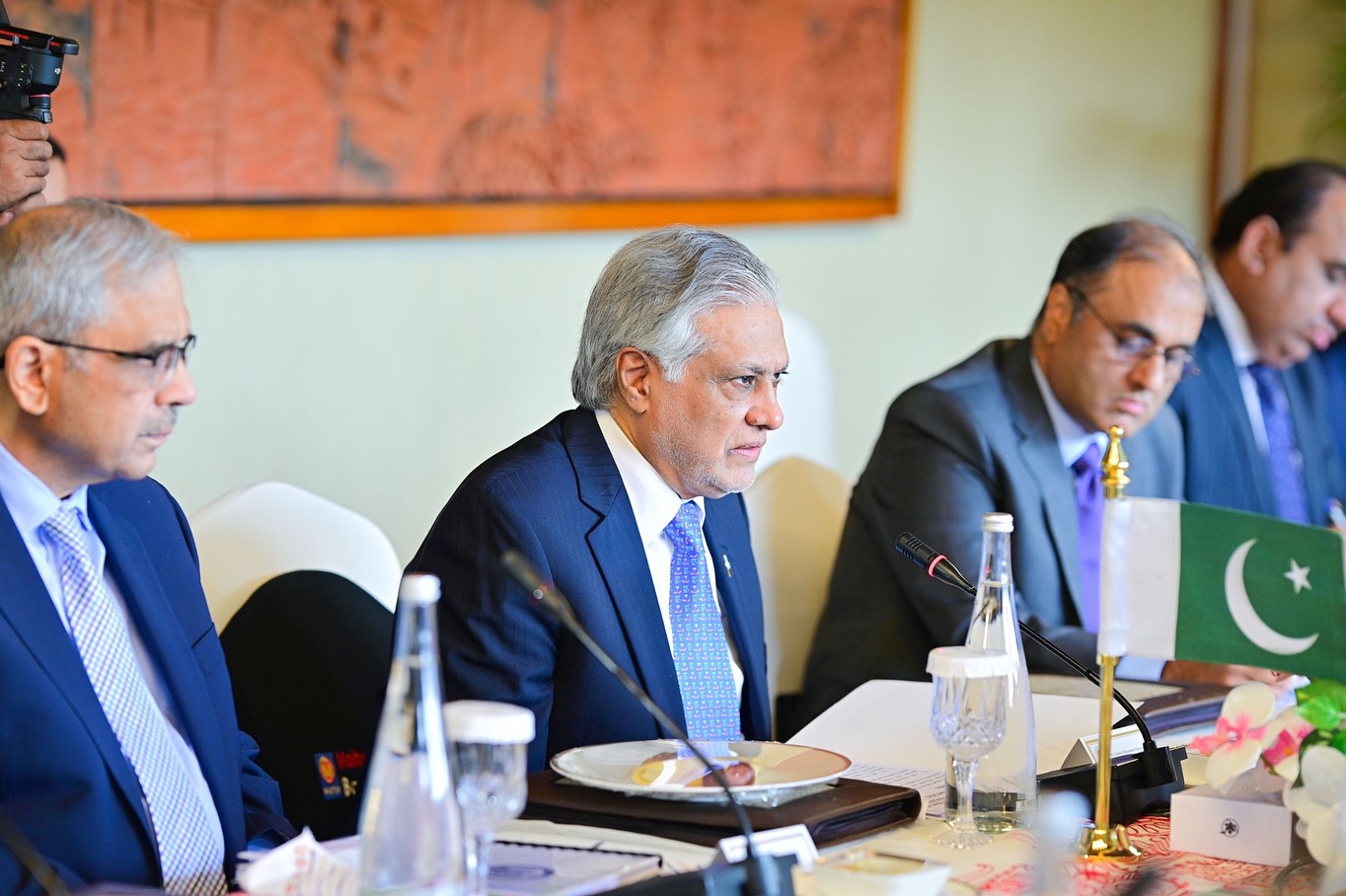
Foreign Minister Ishaq Dar. (Ministry of Foreign Affairs/X)
Pakistan’s recent success in Marka-e-Haq and Operation Bunyan-ul-Marsoos is a golden chapter in our national history. These operations not only safeguarded our borders but also infused new energy and confidence into Pakistan’s diplomacy. Today, the world sees Pakistan as a nation that, while resolutely defending its security, also champions peace, cooperation, and global justice with credibility.
In the aftermath of Marka-e-Haq, Pakistan’s positions are being heard with renewed seriousness at the international level. At forums such as the United Nations (UN), the Organization of Islamic Cooperation (OIC), the Shanghai Cooperation Organization (SCO), and other regional platforms, Pakistan has articulated its narrative with greater confidence. The message has been clear: Pakistan is not only a military power but also an increasingly influential diplomatic player.
A significant outcome of Marka-e-Haq has been the acknowledgment of Pakistan’s narrative by major global powers. The United States, in particular, recognized Pakistan’s sacrifices and success in defeating terrorism and maintaining regional stability. Continuous engagement at senior levels in Washington reaffirmed that Pakistan’s voice is now being taken seriously in shaping regional security and counter-terrorism frameworks. This acknowledgment by great powers underscores the credibility Pakistan has earned through both military resilience and diplomatic outreach.
Following this military success, Pakistan’s diplomatic activity has remained intense and continues unabated. In July, Pakistan assumed the Presidency of the UN Security Council. During this tenure, Pakistan chaired three signature events: on multilateralism, UN-OIC cooperation, and a quarterly debate on Palestine. Under Pakistan’s leadership, Resolution 2788 was unanimously adopted, further cementing our credibility on the global stage. On Palestine, Pakistan raised its voice not only for justice but also as a rallying force for the Islamic world and the Global South.
From August 17-19, I undertook an official visit to the United Kingdom, where renewed connectivity through the announcement of the resumption of PIA flights, a reinvigorated UK-Pakistan Trade Dialogue, and engagement with the 1.7 million-strong British-Pakistani community opened new avenues of partnership.
On August 20, I traveled to Kabul for the Trilateral Foreign Ministers’ Meeting with Afghanistan and China. The talks addressed transit trade, the signing of the framework agreement of the joint feasibility study of the Uzbekistan-Afghanistan-Pakistan (UAP) Railway Project, and counter-terrorism, areas crucial for regional peace and connectivity.
The very next day, on August 21, Chinese Foreign Minister Wang Yi visited Islamabad. During this visit, both sides agreed to elevate cooperation under CPEC 2.0, expand collaboration in minerals, ICT, and agriculture, and reaffirmed strong mutual support, particularly on the issue of Jammu & Kashmir.
Shortly thereafter, I undertook a historic visit to Bangladesh (August 23-24), the first by a Pakistani Foreign Minister in thirteen years. The visit yielded six agreements, enhanced scholarships for Bangladeshi students, and a renewed commitment to people-to-people ties.
From Dhaka, I proceeded directly to Jeddah (August 25) to lead Pakistan’s delegation at the OIC Extraordinary Session on Palestine. The conference adopted a strong resolution condemning Israeli aggression, reflecting the united stance of the Muslim Ummah. Pakistan’s role in building consensus and pushing for accountability was widely acknowledged.
More recently, the Prime Minister and I attended the SCO Heads of State Summit in Tianjin and Beijing (August 31-September 1). This engagement provided Pakistan with an important opportunity to deepen cooperation with member states across critical areas, including connectivity, trade, energy, and regional security. The Summit reaffirmed that Pakistan’s role within SCO is central to advancing the organisation’s vision of regional peace and shared prosperity.
Earlier this month, the Deputy Prime Minister and Foreign Minister of Kazakhstan also visited Islamabad (August 8-9), engaging in constructive discussions. In addition, several trade, defense, and government delegations have been visiting Pakistan, which is clear evidence that the world is now paying closer attention to us.
These developments underscore an important truth: Pakistan today is not merely a military power; it is emerging as a diplomatic force. Whether it is Kashmir or Palestine, CPEC’s expansion or the trilateral railway project, closer ties with the West and East, or Pakistan’s enhanced role in the SCO, Pakistan is playing a meaningful and visible role at every front.
Most recently, I participated in the preparatory ministerial meeting of the Arab-Islamic Summit in Doha on September 14, ahead of the Prime Minister’s participation the following day.
Pakistan’s position was clear and principled: we unequivocally condemned Israel’s grave violations of sovereignty and international law, including the strikes against Qatar amid the ongoing onslaught in Palestine. We reaffirmed solidarity with Qatar, the Palestinian people, and all nations subjected to such unlawful aggression, while calling for enforceable measures to hold Israel accountable and for deterrent actions to prevent recurrence. Above all, we underlined that only a united and coordinated response by the Arab and Islamic world can ensure justice, safeguard peace, and uphold the collective security and sovereignty of the Ummah.
Looking ahead, our responsibility is to translate this diplomatic strength into lasting national gains. That requires consolidating our economy, advancing the agenda of peace and cooperation in the region, and further strengthening Pakistan’s global standing. Together, military success and diplomatic achievement are the twin pillars that will continue to uphold Pakistan as a respected and sovereign state in the international community.
The writer is the Deputy Prime Minister/Foreign Minister of Pakistan.
Latest News
Iran says 'good progress' in US talks, next round within a week
AN HOUR AGO
.jpg)
Pakistan says 72 Afghan Taliban fighters killed in border response
4 HOURS AGO
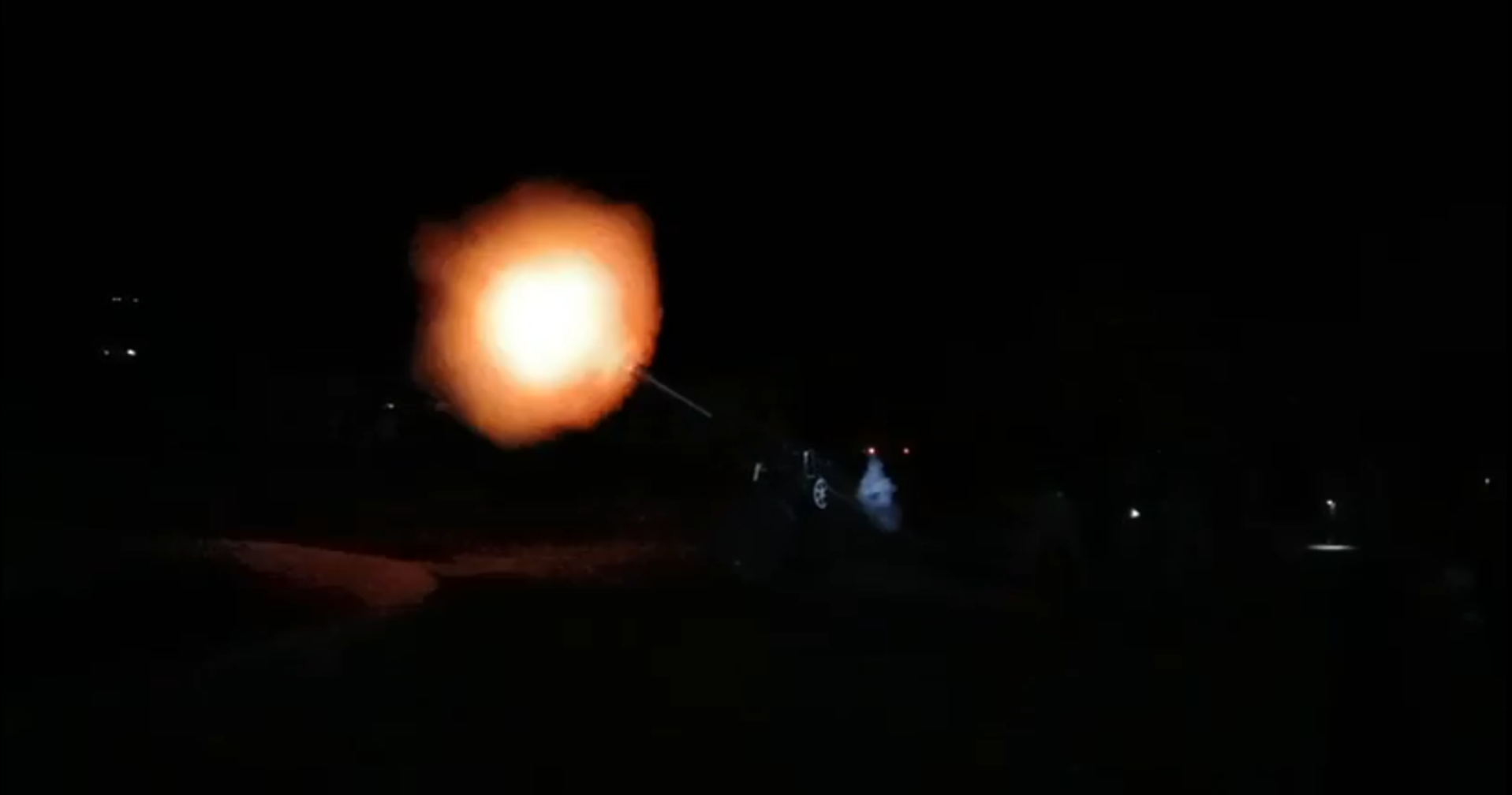
India thrash Zimbabwe in T20 World Cup, S.Africa into semi-finals
4 HOURS AGO
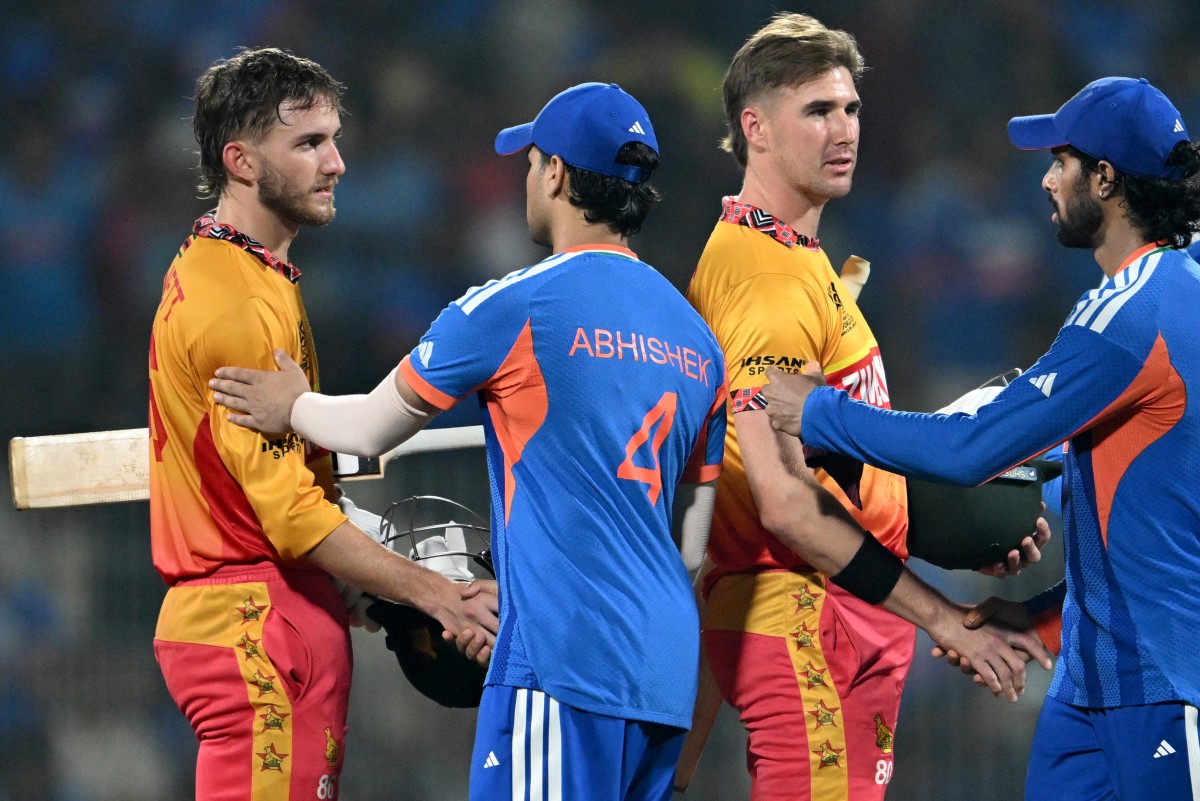
South Africa thrash West Indies in T20 World Cup statement win
7 HOURS AGO
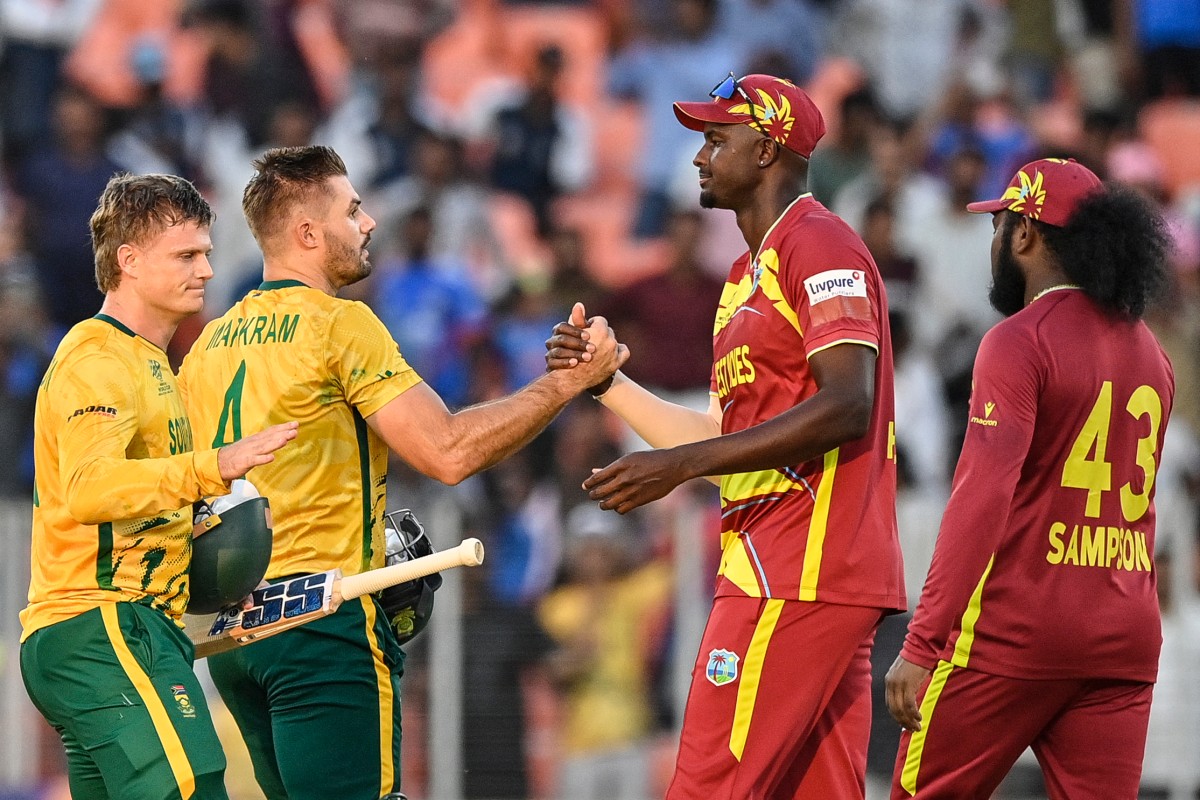
Nearly 8,000 died or vanished on migrant routes in 2025: UN
8 HOURS AGO
